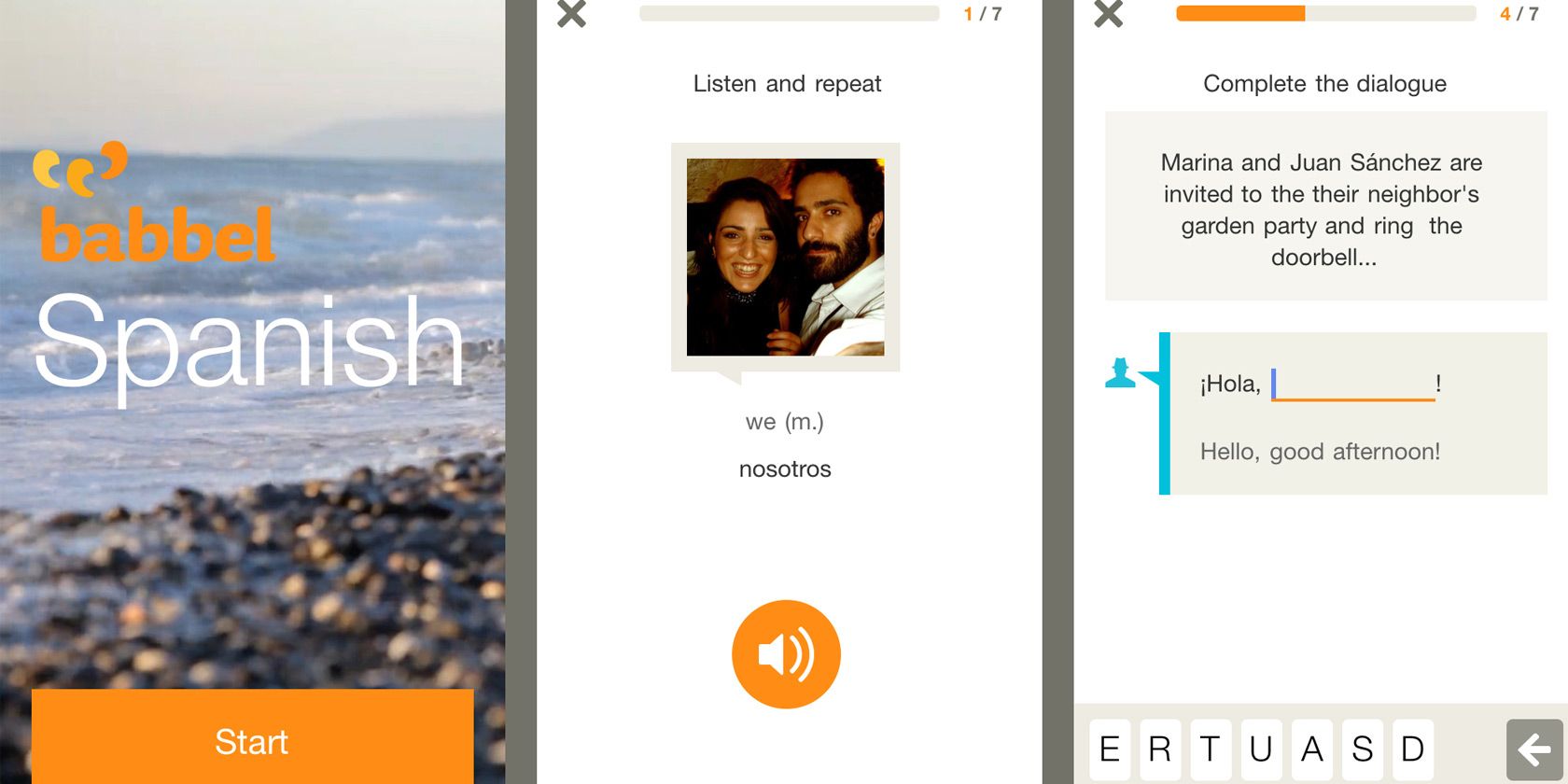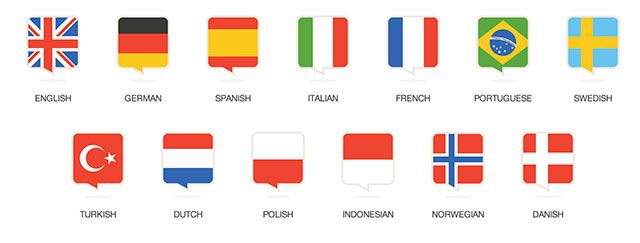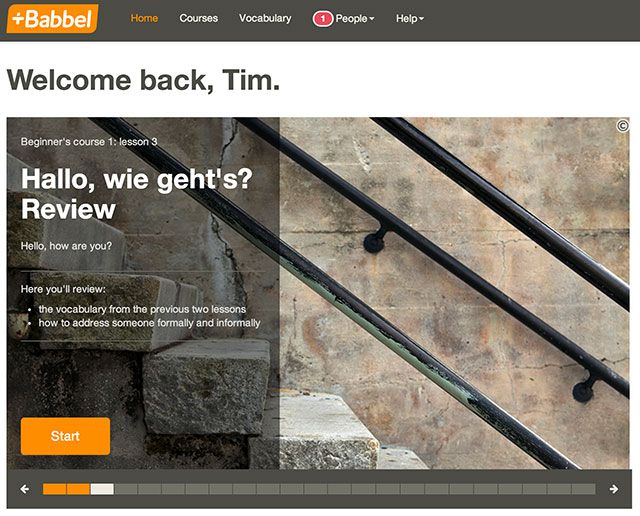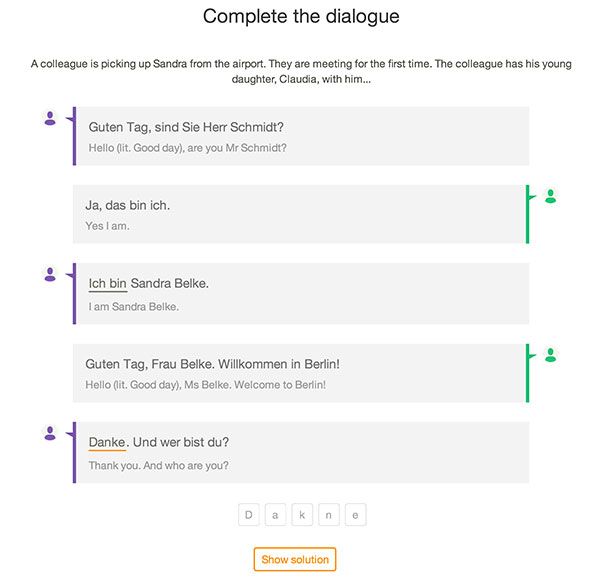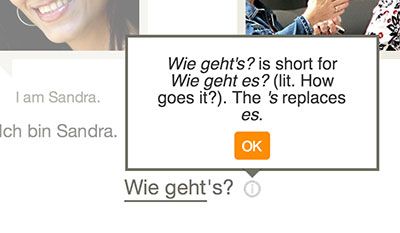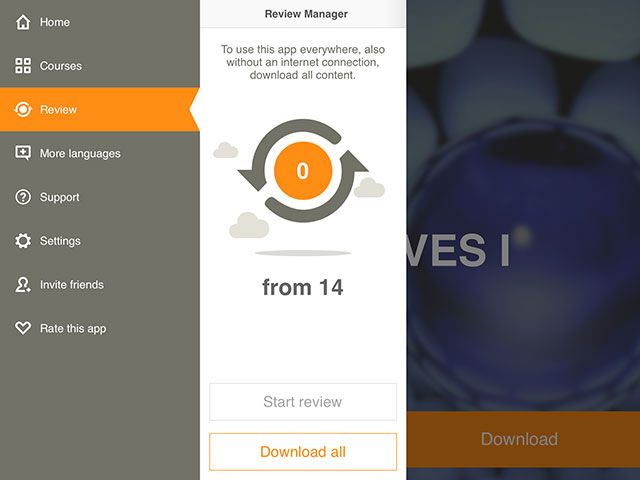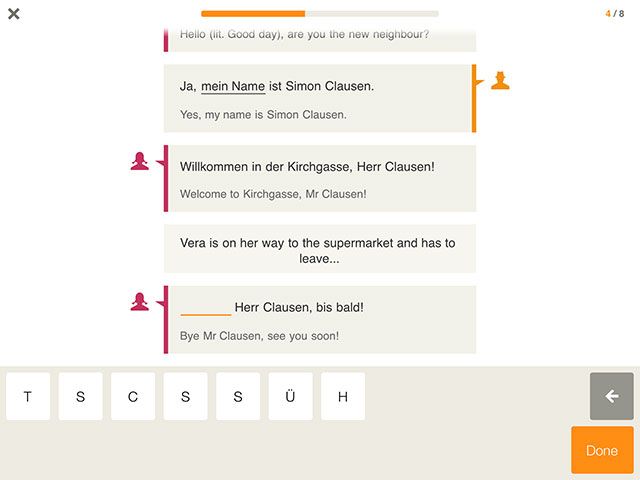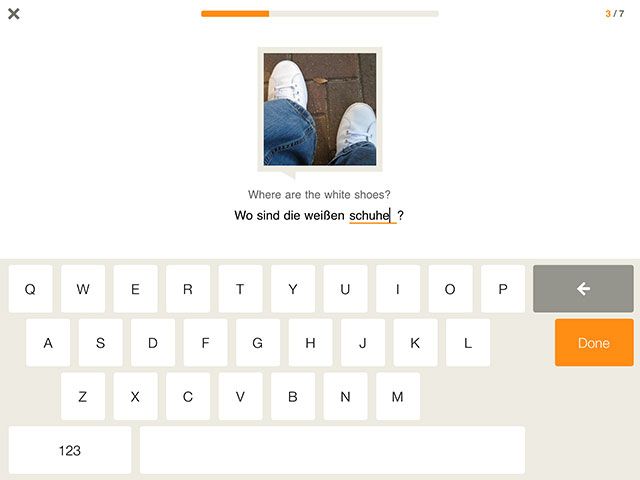There are all sorts of reasons to study a new language – be it a holiday, a career opportunity abroad or a curious interest in a country or culture. You could opt for the textbook approach, but that's not going to teach you pronounciation and oral skills. Audiobooks and podcasts are effective, but you'll miss out on the nitty-gritty written word.
In order to immerse yourself in the process of learning to write and speak conversationally, a learning tool like Babbel provides some obvious benefits. The app bombards your brain with words, pictures, sounds, and a feeling of progress – but does it work?
Studying A Language
It shouldn't come as a surprise to you that learning a language is difficult. It becomes exponentially more difficult the older you get, which is why many parents are keen on introducing children to foreign languages at a younger age. This isn't to say that learning a language past childhood is impossible – far from it – but you should know that for biological reasons, your spongy grey matter isn't quite as absorbent as it once was.
For this reason, learning a language with a tool like Babbel isn't going to be easy. However, one thing that a tool like Babbel affords would-be linguists is an incredibly well-rounded learning experience that you can't get from any single book, or audio program. The other option is to pay a language tutor to really work on your conversational skills, but a quick Google search tells me that even the cheapest language tutors in my area charge more per hour than a full six-month subscription to Babbel. Food for thought.
What Is Babbel
Babbel is a complete foreign language learning tool. Pick your native language, pick the language you would like to learn, input your skill level in the said language and you will be enrolled on a learning course in your chosen tongue. Currently, the service allows you to learn: German, Spanish, Italian, French, Portuguese, Swedish, Turkish, Dutch, Polish, Indonesian, Norwegian, and Danish – from English.
You can of course also learn English, with an even larger range of mother tongues to choose from. The most basic way of learning involves signing up for a course split into individual lessons, on a PC using your web browser.
The lessons take the form of interactive fill-in-the-blanks. For beginners, each lesson starts with an introduction to that lesson's words and phrases. Users are then asked to pick the right word, before having to use it in a pre-determined dialogue. It's not quite chatting to your German teacher, but it's not a bad example of real-world usage either. What's more, you can even use a microphone to speak your answers (with mixed results, depending on your accent).
At the end of each lesson there's a brief vocabulary test to go over the words and phrases you were just putting to use. You can then move on to the next lesson, or skip forward in the course if you're already familiar with the next topic.
A Vocabulary section keeps track of your strengths and weaknesses by focusing on words you're repeatedly getting wrong. The People section is another great feature, providing an opportunity for you to meet, chat with and privately message fellow learners. Many people are looking to "exchange" languages, and so offer to help you learn their mother tongues in exchange for some help learning yours.
Learning On The Go
Recently Babbel have overhauled their iOS offerings, providing universal apps for iPhone and iPad that grant access to the learning materials on the main Babbel website. Each course takes the form of a different app, and each app is completely free to download. At present all but Norwegian and Danish are available in the iOS-friendly apps, something that will surely change in the near future.
The app doesn't include any lessons from the outset as each lesson can be downloaded individually by hitting the big orange Download button as you swipe through available lessons. Lessons took mere seconds to download over my 12Mbps connection, so you can quickly load up on learning materials before heading out of the door.
The lessons are identical to those on the main website, and the apps are responsive and look great. I preferred tapping at the screen on my iPad than I did clicking on things on my Mac, though iOS typing is a unique experience. While completing a beginner German lesson, the app only allowed me to "type" letters contained in the phrase I was being tested on (as you can see in the screenshot above). This made typing feel unnatural, and the answers very easy indeed.
While the answers were easy, I could see how the correct spelling was sinking in as I repetitively filled in the blanks. Skipping forward in the learning process reveals that the app doesn't keep to this overly simplistic typing method, and eventually the difficulty is ramped up as you begin to master more vocabulary, from a full keyboard with no help.
Unfortunately I had little joy getting the app to recognise an emphatic "Guten tag!" despite having some German under my belt already. I don't think my accent is that bad, but clearly the app disagreed. It's also not possible to access the community area from within the iOS apps, so you can't discover or chat with fellow learners either. Overall though, the iOS experience is a very pleasant one.
Better Than A Book
It's been roughly a year since I last looked at Babbel and the team have clearly been busy since then. The service has had a serious facelift, with the members area and mobile apps taking on a new clean and flat UI. The learning materials are still very much the same (or similar enough), and that's a good thing. The learning experience is closer to that which you'd get in a classroom compared to simply picking up a book, and being able to hear pronunciations and associate visual cues with their foreign language counterparts is probably more beneficial than it first appears.
For most of us learning a language is far from easy. Babbel provides a compelling product that sits somewhere between full-blown language tutor and learn-from-home books and audio accompaniments. The difference being, Babbel is probably cheaper than both and now fits comfortably in your pocket for learning anywhere.
Try it for free: Babbel.com
Have you tried Babbel? Let us know what you think, and whether you've redeemed your points yet in the comments below.

